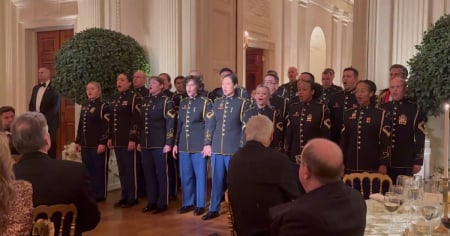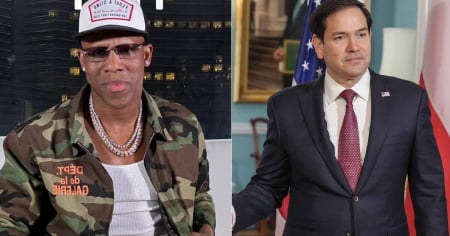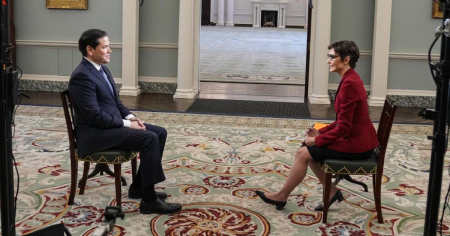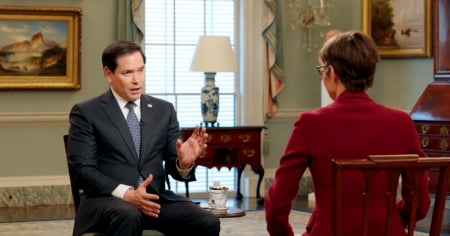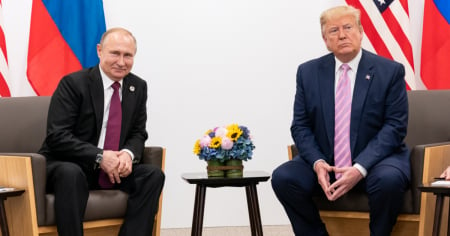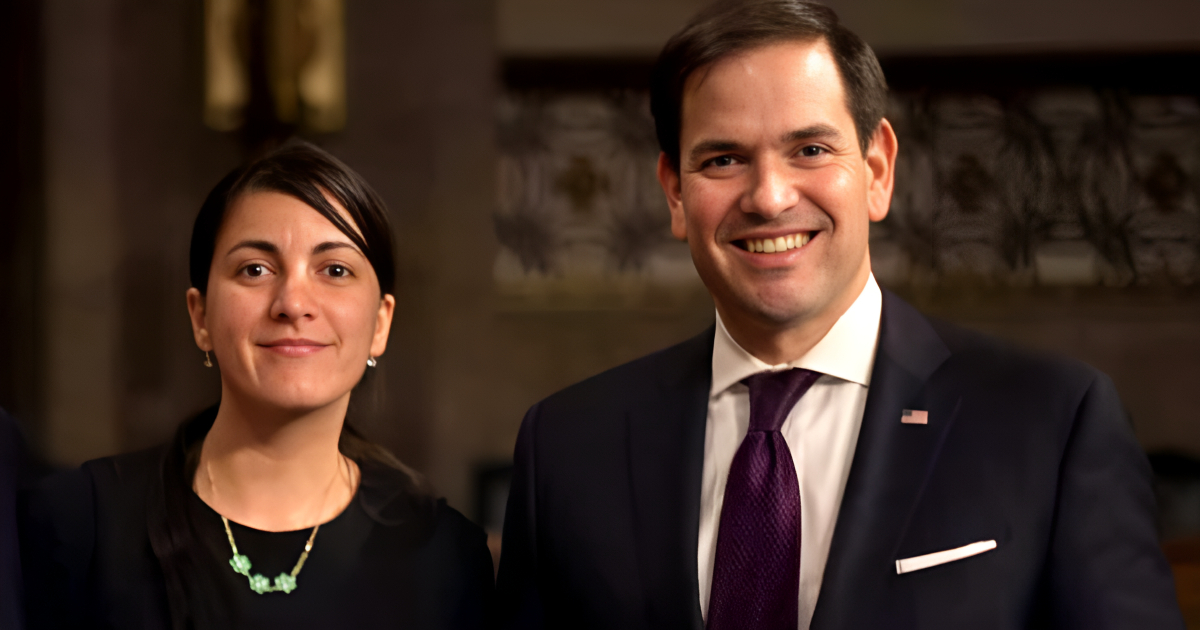
Related videos:
After taking office, Secretary of State Marco Rubio and the administration of Donald Trump reiterated their commitment to a "strict" policy towards the Cuban regime.
Under the title "Restoring a Firm Policy Toward Cuba," the State Department published a statement from Rubio on January 31, in which he expressed the direction of the new Republican administration, marked by decisive actions such as the reactivation of Title III of the Helms-Burton Act and the expansion of the list of restricted Cuban entities.
However, the recent statements from Ambassador Richard Grenell, the diplomat who traveled to Venezuela at the end of January as a special envoy of President Trump for a meeting with Nicolás Maduro, are increasingly raising doubts about the direction of foreign policy towards the dictatorships in Latin America.
In this regard, the community of Cuban exiles, as well as Venezuelan and Nicaraguan voters who supported Trump under the promise of a tough stance against the dictatorships in the region, are beginning to show signs of concern.
Donald Trump is not seeking a regime change in Venezuela
Interviewed on Saturday, March 22, on the program "American Thought Leaders" from The Epoch Times, Grenell stated that the U.S. president is not seeking changes in the Venezuelan regime.
"Miren, estamos muy claros sobre el gobierno venezolano y Maduro, pero Donald Trump is someone who does not want to make changes to the regime. He is someone who wants to do everything we can to make American people stronger and more prosperous. And that is what we are focused on now," he stated in the interview.
Press agencies had stated, following Trump's inauguration, that his team was shaping a strategy aimed at ending more than two decades of chavismo in Venezuela.
One of the first measures under consideration would be the revocation of the license that allows the American oil company Chevron to operate in the South American country. Other sources suggested that the strategy included a negotiated exit for Maduro into exile, possibly in Moscow, similar to the situation of the Syrian leader Bachar al Asad.
However, although Grenell warned this Saturday that they still have matters to address with Maduro's regime, he did not specify what they were. His words, rather than reassuring or providing hope to Venezuelan exiles, have only raised alarms among civil societies in Venezuela, Nicaragua, and Cuba.
Activists and dissenters from these countries are beginning to notice a shift in direction that contradicts their expectations from a Trump administration, which moves away from its traditional alliance with Western democracies, and strengthens ties with the autocratic regime of Vladimir Putin.
Considering the strong alliance of Russia with the Cuban, Venezuelan, and Nicaraguan dictatorships, the democrats in those countries are questioning how the United States will be able to promote its interests in the region while tending to favor those of Moscow.
A promising start, but with doubts on the horizon
Rubio's statements, emphasizing the reinstatement of Cuba's Restricted List and the island's continued status as a State Sponsor of Terrorism, seemed in line with the hardline policy that the administration promised.
According to Rubio, "the State Department promotes accountability for the Cuban regime for oppressing its people and rejects Cuba's malign interference in the Americas and around the world."
This speech was consistent with the vision of the Republican senator, who from his position on the Senate Foreign Relations Committee, was for years a staunch critic of the totalitarian regime in Havana, denouncing repression, the violation of human rights, corruption, and the nature of the dictatorship's power, which is based on a family business network that encompasses the military leadership and the communist party.
Together with his colleagues María Elvira Salazar, Mario Díaz-Balart, Carlos Giménez, Rick Scott and others, Senator Rubio criticized the Biden administration's foreign policy towards the autocratic regimes in the region and promised a shift towards a tough policy once Trump returned to the White House.
In December, Congressman Díaz-Balart claimed that Trump would put an end to the dictatorships in the region, a statement that resonated with his constituents.
In previous statements, Rubio described the Cuban regime as a threat to the security of the U.S., while now his actions seem to be limited to administrative measures without a direct impact on dismantling the repressive Cuban system.
At the same time, he assured that the Cuban dictatorship "will not be able to hold on much longer," and Díaz-Balart celebrated Trump's rise to power, mocking its implications in Havana, Caracas, and Managua. “They must be nervous”, he said, but the reality seems not to support his argument, as a tense calm prevails in those three capitals, awaiting the next steps from Washington.
Contradictory signals from the White House
While all indications suggest that Trump is considering a possible shift in his relationship with chavismo in Venezuela, the number of those fearing that this may be the prevailing trend in U.S. relations with the Cuban regime and that of Daniel Ortega in Nicaragua is growing.
Exiles and political analysts who relied on a toughening of sanctions and a greater commitment to restoring democracy in the region are now looking alarmed at the State Department, fearing a shift in priorities in the current geopolitical context.
On the other hand, the expectations of Cuban Americans regarding Rubio, who was celebrated in November for his appointment as Secretary of State, are now also clouded by the lack of concrete measures against Havana.
Doubts about the consistency of foreign policy could increase the disenchantment of Latino voters with Trump. The uncertainty surrounding the policy towards Cuba, Venezuela, and Nicaragua could have political repercussions for the Republican Party's support base in South Florida.
Many Cuban and Venezuelan voters supported Trump in the hope of decisive action against these regimes. However, recent developments have sparked growing skepticism.
Time will tell if the Trump administration will truly uphold the promised "strict policy", or if signs of a strategic shift are confirmed, potentially causing a rift in the support of the exiled community.
Meanwhile, uncertainty is creeping in and spreading among those who relied on a decisive turn that has yet to materialize.
Filed under:

